Playing music during virtual events can lend the right vibe and energy. With the explosion of virtual events and live streaming in 2020, you might be wondering about copyright rules and licensing for music and how to determine what needs to be done for your event to be copyright compliant. And, you should definitely take it seriously because with the rise of virtual events, the platforms are cracking down and have been shutting down events mid-stream leaving planners scrambling.
Here are 3 tips to help you navigate some of the confusion.
1. Do Your Research
If you are planning to incorporate music into your broadcast, you will more than likely need to secure public performance permission from the music’s specific copyright owner.
Most copyrighted music is registered with one of the following performing rights organizations (PROs): ASCAP, BMI, SESAC, or Global Music Rights. You can find who holds the copyright as well as contact information by searching for a song and/or composer on each site’s catalog. If you cannot locate the song at any of the PRO sites, try the U.S. Copyright Office or the Harry Fox Agency.
2. Reproductions and “Covers” Might Have Different Rules
A few of our clients have recently brought in live music to keep their audiences engaged during their live-streamed events. Although they were playing covers, it’s brought into question whether a license is needed. This is especially true if the event is being recorded and posted after the event.
Keep in mind that most performance licenses do not cover reproductions, so once an online meeting or event is archived for on-demand viewing- the original performance license likely won’t cover on-demand viewing. You will need another license for that.
As explained in an article by David Oxenford on Broadcast Law Blog, “We have seen cases in the last year where producers of live television programs that include the use of some music have been sued by the holders of copyrights in that music. Why isn’t this covered by the ASCAP, BMI and SESAC royalties? Because these programs are often recorded, and then rebroadcast as re-runs on the station. Or they are recorded and made available for downloading or on-demand streaming on the website of a station or program producer. The copyright holder in both the musical work and the master recording has an exclusive right under the copyright law to license the reproduction (i.e. the duplication or copying) of the work. So, when the work is duplicated on the tape used for the broadcast of a re-run of a “live” program, or where excerpts are copied on servers or other digital storage devices for on-demand playback on a website or through some other digital playback mechanism, the reproduction right is triggered. Thus, program producers need to get the rights for these uses.”
3. Explore Royalty-Free Music Sites
An alternative to obtaining licensing would be to use commercial production music where rights are pre-cleared or to get the performing rights to the musical piece and have that piece recorded by a local band, thus avoiding the need to obtain the master rights from a popular band. There are websites where you can purchase either monthly subscriptions or the ability to purchase sound recordings one at a time. Some examples are: Envato, Epidemic Sound, Westone Music, or Soundstripe.
As online meetings and events become the new normal, copyright holders will become more aggressive in asserting their rights. Avoid running into trouble by taking care to know what rights you are getting and what rights you need for the purpose to which you are putting the music.
We want to hear from you! There seems to be a lot of confusion surrounding this subject in the industry. We want to hear what your experiences with music rights have been this year. Please scroll down to the bottom of the page and share in the comments section or give us a call and we would be happy to share what we’ve learned from producing many virtual events this year.
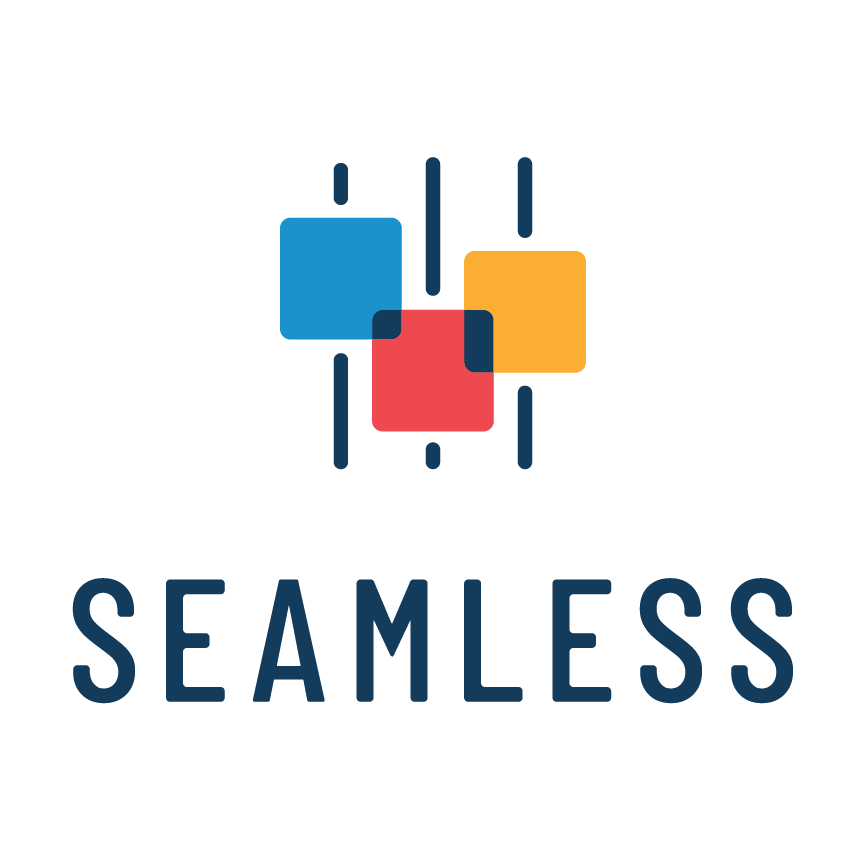
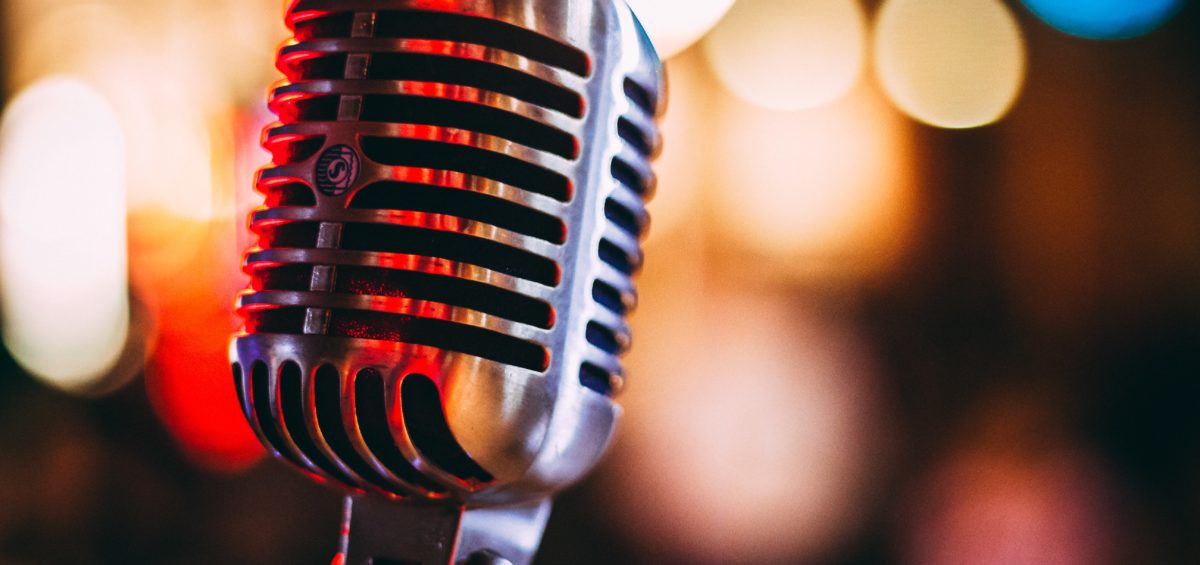
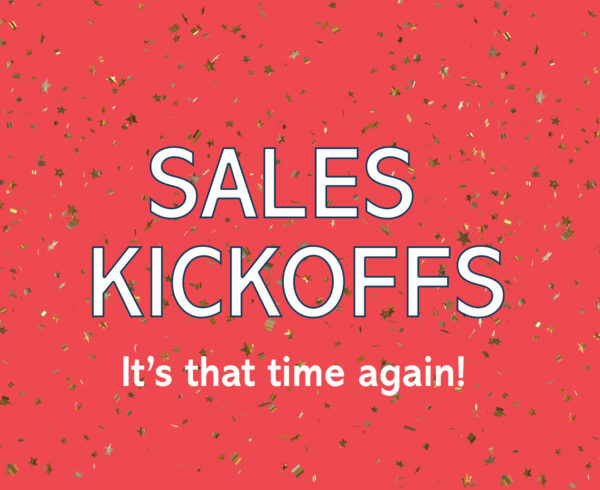
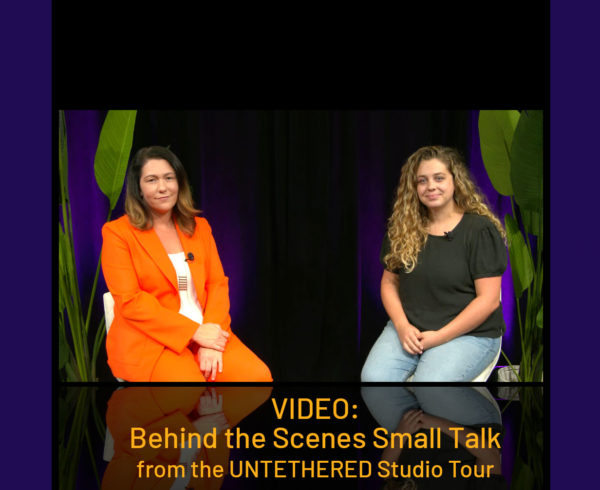



There seems to be a lot of confusion surrounding this subject in the industry. We want to hear what your experiences with music rights have been this year.
Music is one of the trickest aspects of media to get right, especially when it comes to copyright law. These are some of the best points to remember when it comes to licensing music for the future.